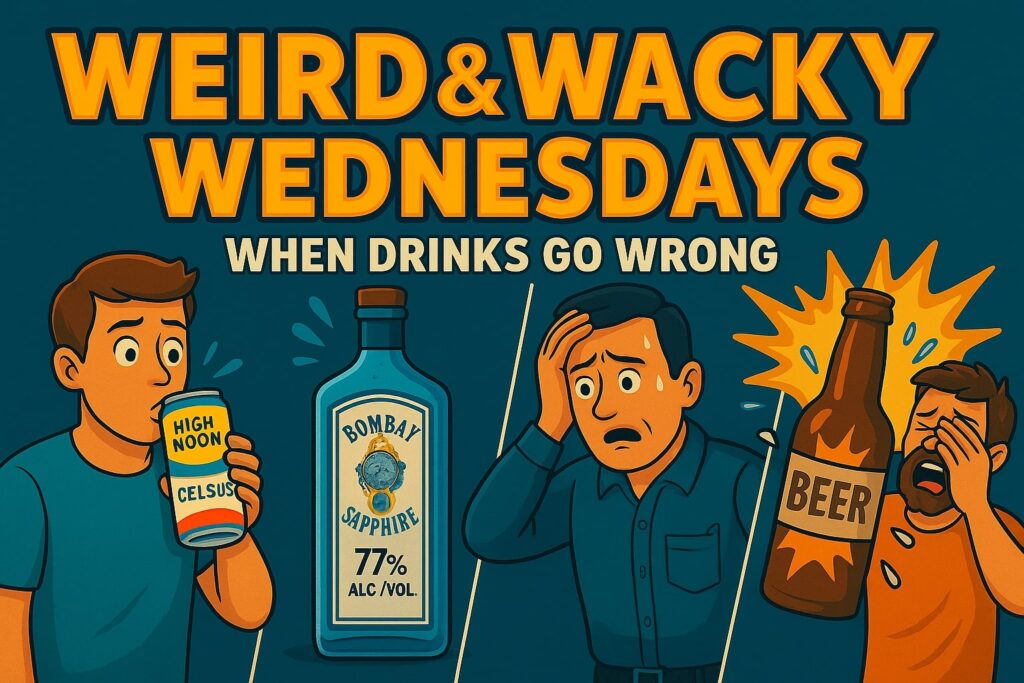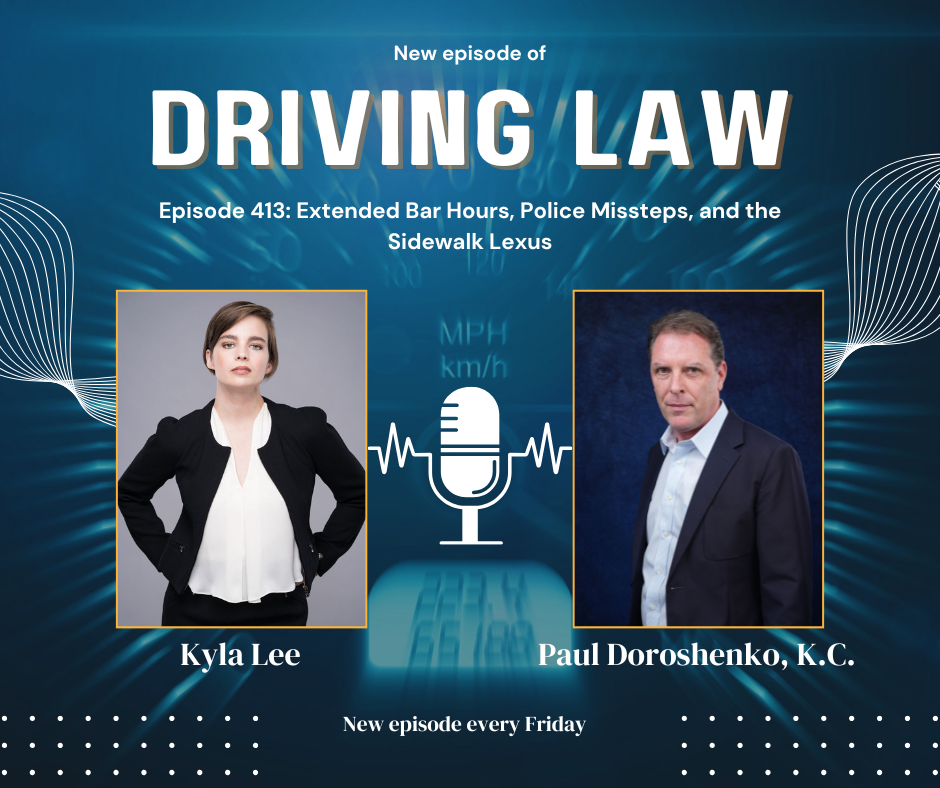Consultation with First Nations: Cases That Should Have Gone to the Supreme Court of Canada, But Didn’t!
Welcome to “Cases That Should Have Gone to the Supreme Court of Canada, But Didn’t!”
In this episode, Kyla Lee from Acumen Law Corporation discusses a case involving the Huron-Wendat First Nation and the Canadian government’s constitutional duty to consult. While the Nation’s main application—arguing they were not adequately consulted on a development project—was waiting to be heard in Superior Court, the government attempted to move forward with the project. The Huron-Wendat First Nation sought an interim stay to pause the project until the issue of consultation could be resolved. The court refused, and the Supreme Court of Canada declined to hear the case. This decision raises serious concerns about how Canada’s duty to consult is respected—or disregarded—in practice.
…





